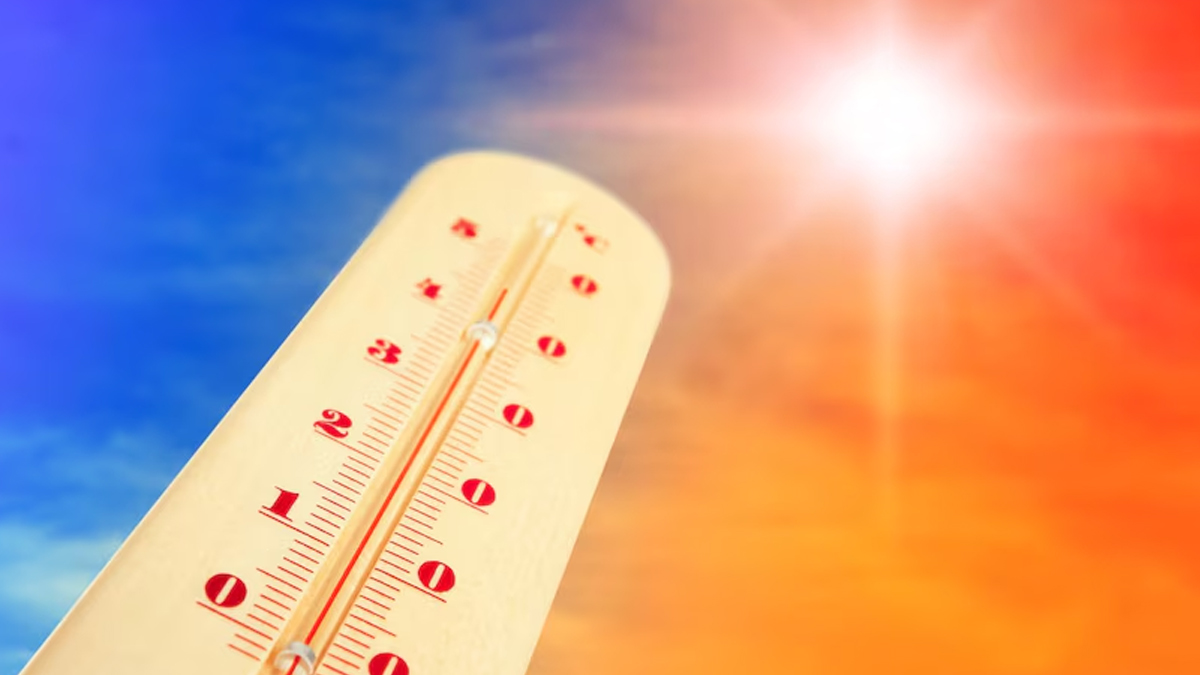
As the mercury soars and summer heat waves hit the majority regions of India, many people experience heat-related health problems like heat stroke, heat exhaustion, and dehydration. However, heat waves can trigger asthma as well and worsen the symptoms of it. Heatwaves can be a challenging time for individuals with asthma, as extreme temperatures can worsen symptoms and can trigger an asthma attack.
Understanding why asthma symptoms worsen during these sweltering periods is crucial for managing the condition effectively. In this article, we'll explore the reasons behind the heightened asthma challenges during a heat wave.
According to the Asthma and Allergy Foundation of America, with rising temperatures and more severe storms, people with asthma are at higher risk of weather triggering asthma flares. Studies also suggest climate change can cause asthma as well.
To have a better understanding of how heat wave can lead to severe asthma symptoms, OnlyMyHealth team interacted with Dr Vaibhav Chachra, Senior Consultant, Pulmonology, Max Super Speciality Hospital, Dehradun.

Dr Chachra said, “The worsening of asthma symptoms during heatwaves is a multifaceted issue driven by several environmental and physiological factors.”
Air Pollutants
According to Dr Chachra, heatwaves often lead to increased levels of ground-level ozone and particulate matter, which are significant asthma triggers. “The intense sunlight and stagnant air conditions associated with heatwaves facilitate the formation of ground-level ozone, a potent respiratory irritant. This increase in air pollutants can inflame the airways and exacerbate asthma symptoms, making it harder for patients to breathe,” he said. Additionally, the stagnant air prevents these pollutants from dispersing, resulting in prolonged exposure and heightened respiratory stress for asthma sufferers.
Also read: Respiratory Disease: What Is The Best Treatment For Asthma?

Humidity
As per studies, high humidity levels can promote the growth of mould and the proliferation of dust mites, both common asthma triggers. Explaining how humidity affects asthma patients, Dr Chachra said“The combination of heat and humidity also makes the air feel heavier and harder to breathe, which can strain the respiratory system. For individuals with asthma, this environment can lead to more frequent and severe asthma attacks.” Furthermore, he explained that the body’s natural cooling mechanisms, such as sweating, can lead to dehydration if fluids are not adequately replenished. Dehydration can thicken mucus in the airways, making it more difficult for asthma patients to expel it and thereby worsening their symptoms.
Also read: What Are the Different Types of Asthma and How Can They Be Treated
Air Conditioning
During heat wave, people usually rely on air conditioning for staying cool, but it can create a problem for people with asthma. “The reliance on air conditioning during heat waves introduces another layer of complexity. While air conditioning can provide relief from heat, it can also recirculate indoor allergens like pet dander, mould spores, and dust mites, which can trigger asthma symptoms,” Dr Chachra explained. Moreover, he also said that sudden changes in temperature, such as moving from a hot outdoor environment to a cool indoor one, can also provoke bronchoconstriction, leading to breathing difficulties.

Strain on Respiratory System
According to Dr Chachra, physiologically, the stress of extreme heat can increase the metabolic rate and oxygen demand, putting additional strain on the respiratory system. Asthma patients might experience hyperventilation, leading to an imbalance in blood gases and inducing bronchoconstriction. This heightened respiratory effort can cause fatigue in the respiratory muscles, further complicating breathing.
Conclusion
Intense heat can make the air stagnant, trapping pollen, dust, mould, and other pollutants that may trigger asthma flare-ups. Allergic reactions to wildfires or blooming plants can also affect your nose, lungs, throat, sinuses, ears, stomach lining, or skin.
Also watch this video
How we keep this article up to date:
We work with experts and keep a close eye on the latest in health and wellness. Whenever there is a new research or helpful information, we update our articles with accurate and useful advice.
Current Version